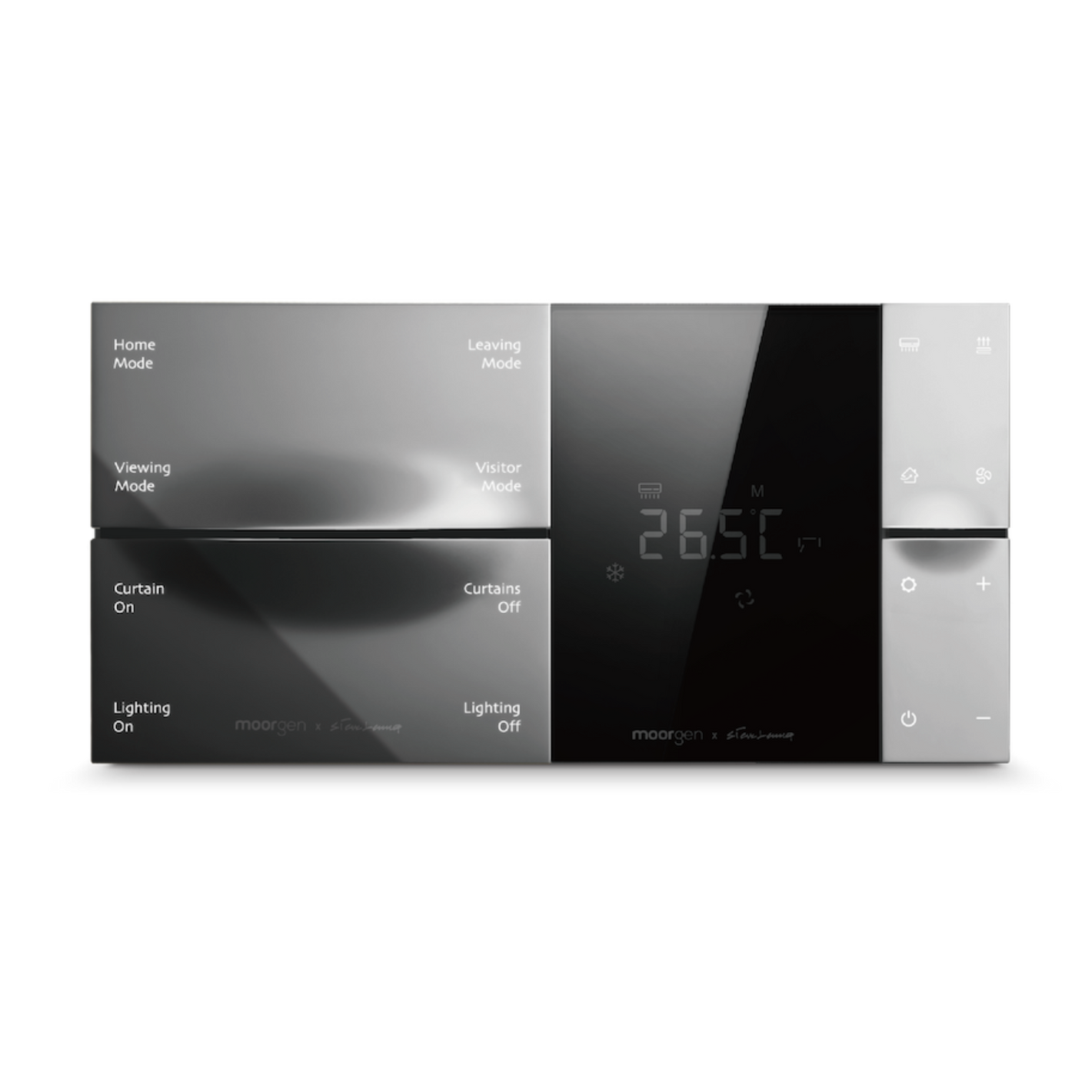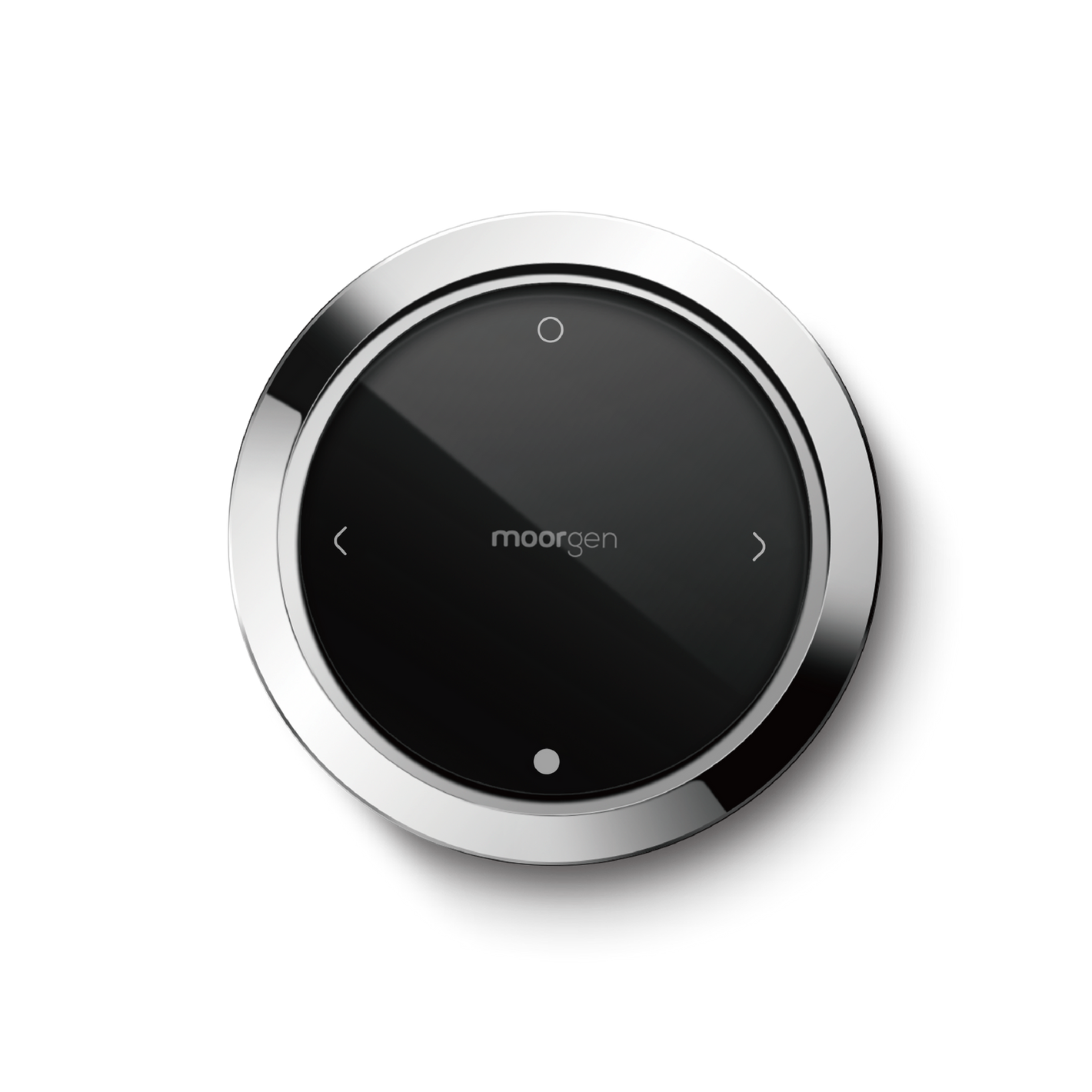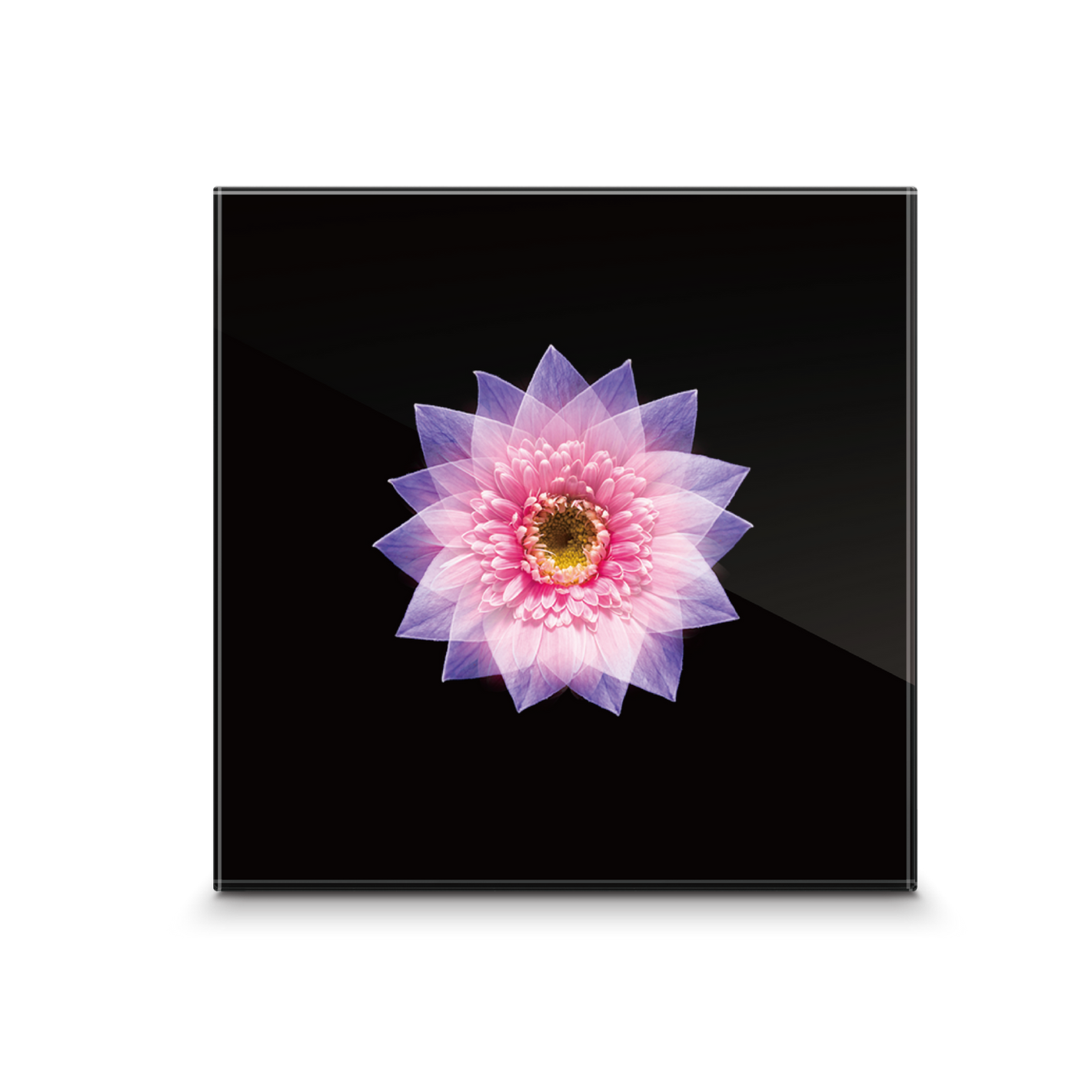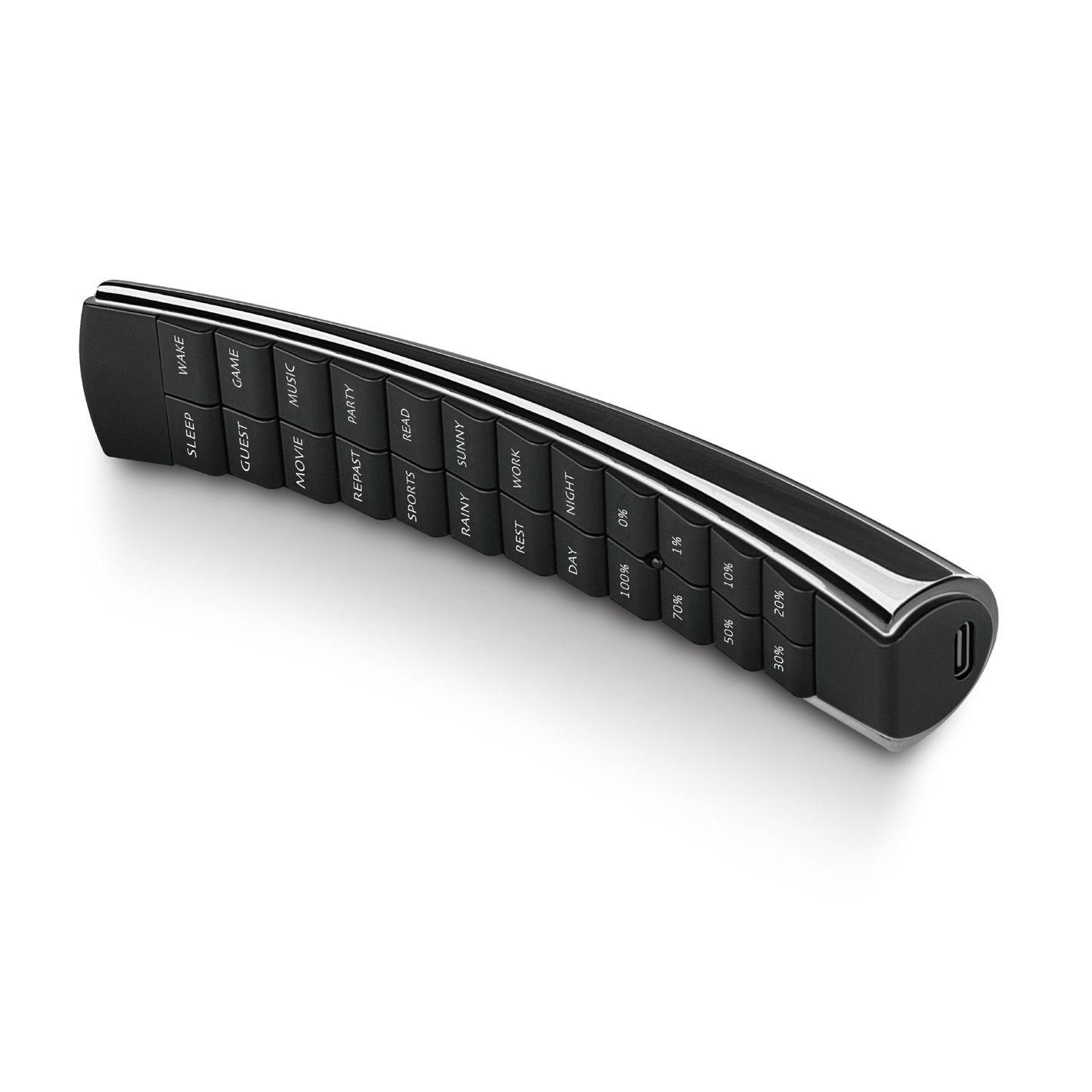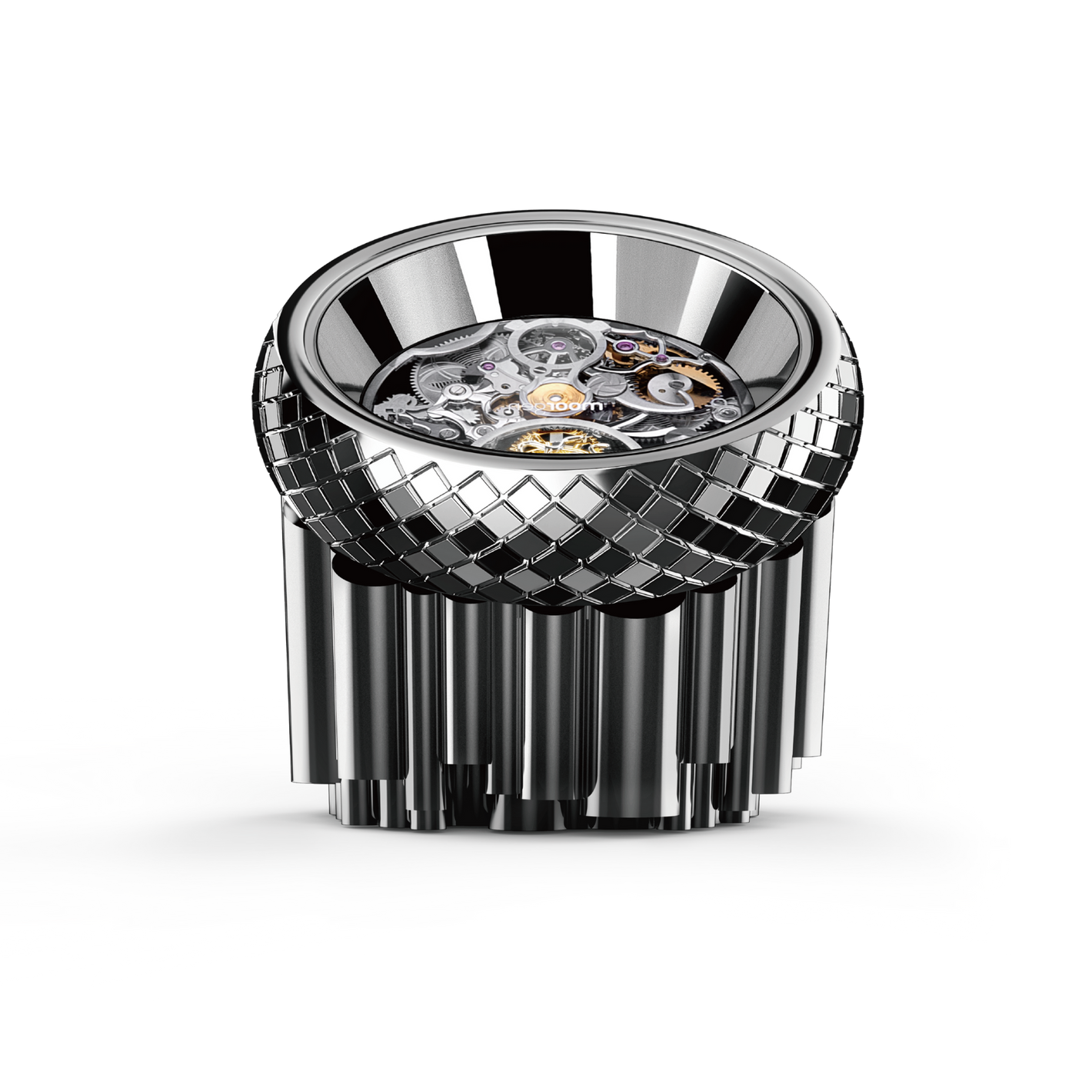Is an Air Conditioner More Effective at Dehumidifying Than a Dehumidifier?
Hong Kong is renowned for its high humidity, making summers hot and sticky. High humidity exacerbates the sensation of heat, leading many to find Hong Kong summers particularly sweltering. Nowadays, many air conditioners on the market advertise dehumidifying functions. You might wonder: if air conditioners can dehumidify, do we still need dehumidifiers? Are the principles of dehumidification the same for air conditioners and dehumidifiers? Does dehumidifying with air conditioners consume a lot of electricity? What are the pros and cons of dehumidifying with air conditioners? Moorgenzine has the answers.
Key Points of this Article:
- How do air conditioners dehumidify? Are the principles the same as dehumidifiers?
- Air Conditioners vs Dehumidifiers - Similarities in Dehumidification Principles
- Air Conditioners vs Dehumidifiers - Differences in Dehumidification Principles
- Dehumidification with Air Conditioners - Pros and Cons
- Air Conditioners vs Dehumidifiers - Is an Air Conditioner More Effective at Dehumidifying?
- Air Conditioners' Dry Mode: Dehumidification and Energy Efficiency
- Should You Still Purchase a Dehumidifier?
- Energy-Efficient Dehumidification Strategies for Homes
How do air conditioners dehumidify? Are the principles the same as dehumidifiers?
The dehumidification process of air conditioners is essentially tied to their cooling process. Air conditioners cool indoor air by absorbing heat energy when refrigerant evaporates. During this cooling process, moisture in the air (humidity) condenses and is drained away through the air conditioner's drainage system. In simple terms, humidity condenses into water during the cooling process, reducing indoor humidity.
Air Conditioners vs Dehumidifiers - Similarities in Dehumidification Principles
Both air conditioners and dehumidifiers draw in indoor air and use heat exchange principles to cool the air, condensing moisture into water droplets.
Air Conditioners vs Dehumidifiers - Differences in Dehumidification Principles
The difference lies in how the collected water is handled. Air conditioners drain condensed water through their drainage systems, while dehumidifiers collect water in their water tanks. Additionally, dehumidifiers only focus on condensing moisture into water droplets, so the air passing through them doesn't get significantly cooled, and the expelled air may feel warmer.
Dehumidification with Air Conditioners - Pros and Cons
As seen above, air conditioners can indeed dehumidify! Dehumidifying with air conditioners has its benefits, but also some drawbacks to consider.
Pros of Dehumidification with Air Conditioners
1. Space-saving: Dual Functionality - Cooling + Dehumidifying
The dehumidification principle of air conditioners is very similar to that of dehumidifiers, allowing for cooling and dehumidifying simultaneously without the need for an additional dehumidifier. This is especially useful in Hong Kong during autumn and winter when dehumidification is less necessary, but storing a dehumidifier takes up space.
2. Well-suited for most of Hong Kong's weather
Hong Kong's hot and humid weather can make using a dehumidifier counterproductive as it releases warmer air back into the room. In summer, while dehumidifiers only remove moisture, air conditioners not only lower room temperature but also dehumidify.
3. No need for manual water disposal
Air conditioners drain condensed moisture through their drainage systems, eliminating the need for periodic manual emptying like with dehumidifiers.
Cons of Dehumidification with Air Conditioners
1. Higher energy consumption
Air conditioners, being dual-purpose, consume more energy when both cooling and dehumidifying are active compared to dehumidifiers, which only dehumidify. Using an air conditioner solely for dehumidification results in higher energy consumption.
2. Inadequate dehumidification effectiveness in Hong Kong's winter
Air conditioners operate when indoor temperatures are higher than the set temperature. In winter, using an air conditioner for dehumidification requires setting the temperature lower than indoor temperature to be effective, leading to increased energy consumption and discomfort due to the already cold winter temperatures.
3. Limited dehumidification range
Air conditioners are typically fixed in position, unlike dehumidifiers, which can be moved around. Therefore, air conditioner dehumidification is limited to specific spaces like living rooms or bedrooms. To dehumidify the whole house, multiple air conditioners need to be used simultaneously.
4. Increased risk of air conditioner malfunction
Running air conditioners year-round accelerates wear and tear, potentially leading to costly repairs. Using air conditioners primarily for dehumidification may expedite this wear and tear, resulting in unfavorable cost-benefit trade-offs.
Is an Air Conditioner More Effective at Dehumidifying Than a Dehumidifier?
The dehumidification capacity of air conditioners depends on indoor temperatures! While air conditioners do have some dehumidifying effect, significant advantages in dehumidification are seen when air conditioning is necessary for temperature reduction compared to dehumidifiers. Additionally, the greater the temperature difference between indoor and air conditioner settings, the better the dehumidification effect.
Therefore, in places like Hong Kong with distinct seasons, the effectiveness of air conditioner dehumidification varies:
Spring: Air conditioner dehumidification is limited due to minimal temperature differences between indoor and air conditioner settings.
Summer: Air conditioner dehumidification is highly effective due to significant temperature differences.
Autumn: Air conditioner dehumidification is moderate due to dry weather conditions.
Winter: Air conditioner dehumidification requires lowering the temperature significantly, which may be uncomfortable in already cold winter conditions.
Air Conditioners' Dry Mode: Dehumidification and Energy Efficiency
The Consumer Council's "Air Conditioning Energy Saving Tips" suggests using Dry Mode to save energy if dehumidification is prioritized over cooling. But what exactly is Dry Mode?
Dry Mode activates low fan speed operation in air conditioners to reduce humidity. The air conditioner's fan and compressor operate intermittently to achieve dehumidification.
Does Dry Mode also provide air conditioning?
In Dry Mode, you still experience cooler indoor temperatures. This is because the air conditioner's fan operates, enhancing indoor air circulation. However, the perceived coolness in Dry Mode is due to the change in sensation caused by reduced humidity. The higher the humidity, the higher the perceived temperature. Therefore, Dry Mode reduces humidity, lowering the perceived temperature.
Additionally, Dry Mode is more energy-efficient. Thus, during less hot weather conditions such as Hong Kong's spring, Dry Mode offers a triple benefit: cooling, dehumidification, and energy savings.
Should You Still Purchase a Dehumidifier?
Despite many air conditioners having Dry Mode, which reduces energy consumption compared to standard cooling, they still consume more electricity than dehumidifiers! Furthermore, air conditioners only dehumidify about 20% of what dehumidifiers do, yet consume multiple times the energy. Hence, if dehumidification alone is needed, especially in humid areas like Tseung Kwan O and Tai Po, purchasing a dehumidifier is more advisable. Dehumidifiers offer faster dehumidification and overall energy savings.
Energy-Efficient Dehumidification Strategies for Homes
So, what's the most energy-efficient way to dehumidify? It's actually using both air conditioners and dehumidifiers!
- Start by turning on the air conditioner and lowering the temperature.
- After about 10-20 minutes, turn off the air conditioner and switch on the dehumidifier.
- The continuous operation of the dehumidifier maintains the low humidity created by the air conditioner without the need to run the air conditioner continuously!
A Final Note on Using Air Conditioners for Dehumidification
Air conditioners lower the surface temperature of household objects and furniture. After turning off the air conditioner, don't open windows immediately. Since outdoor humidity is higher, moisture in the air will condense on household objects and furniture surfaces, creating indoor dampness.
After reading this Moorgenzine article, you should have a deeper understanding of the principles, benefits, and drawbacks of dehumidifying with air conditioners. If you have any questions about smart homes, feel free to contact Moorgen anytime. Additionally, if you're interested in experiencing the lifestyle enhancements brought by smart door locks firsthand, visit Moorgen's showroom in North Point, Hong Kong, and experience Real Smart Home.
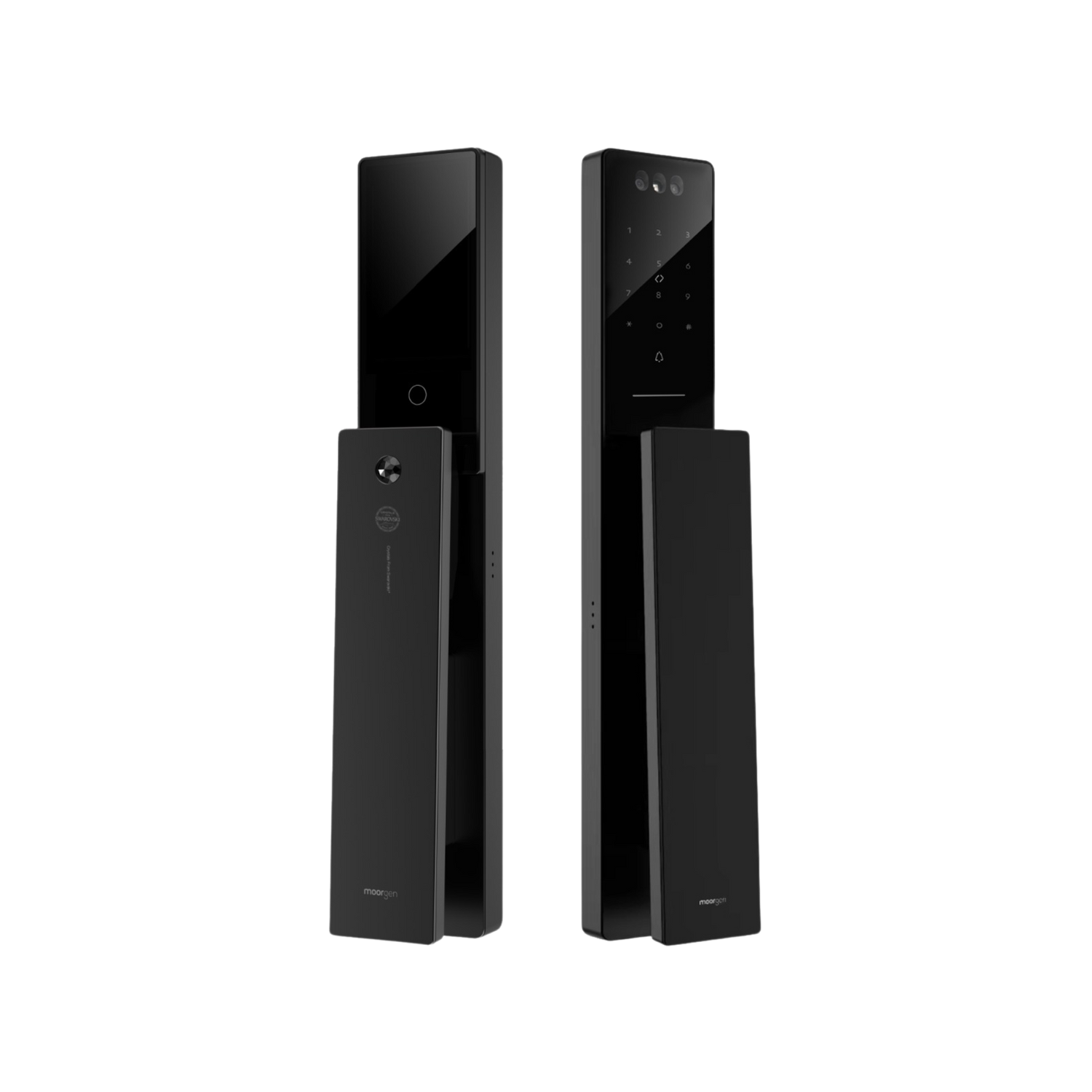

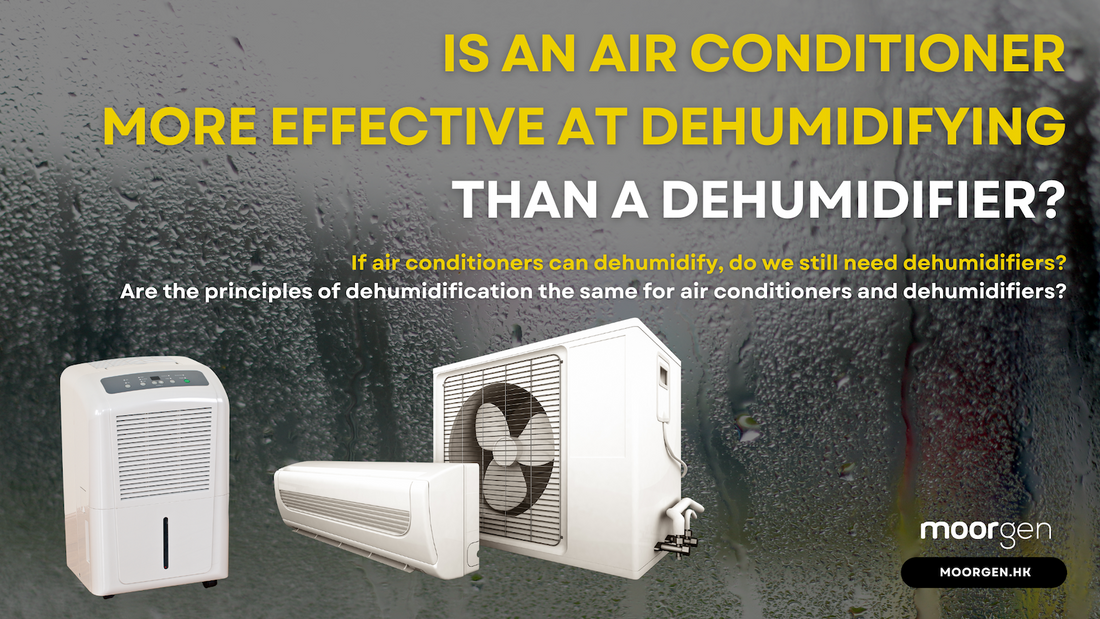
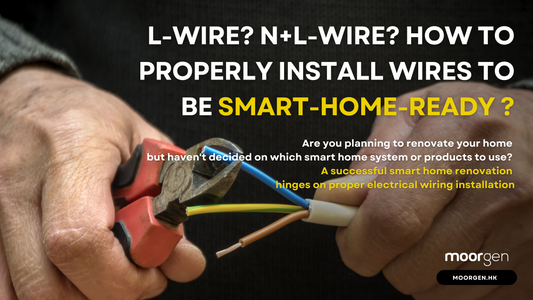
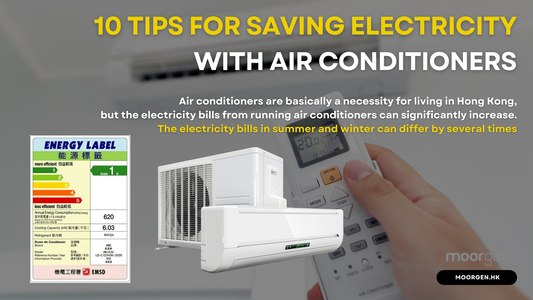
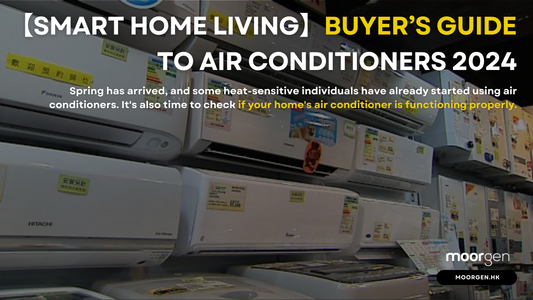

![[Smart Living] How to Choose a Smart Power Strip? Swift Transform Your Home into a Smart Home!](http://moorgen.hk/cdn/shop/articles/blog_cover_moorgen_how_to_choose_smart_power_strip.png?v=1728137093&width=533)
![[Smart Living] How to Choose LED Bulbs? Which Ones Are the Most Energy-Efficient?](http://moorgen.hk/cdn/shop/articles/blog_cover_moorgen_how_to_choose_led_bulbs.png?v=1728136975&width=533)
![[Smart Living] How to Choose an Instant Hot Water Dispenser and Use It Efficiently?](http://moorgen.hk/cdn/shop/articles/blog_cover_moorgen_how_to_choose_instant_hot_water_dispenser.png?v=1728136837&width=533)
![[Smart Living] 5 Energy-Saving Tips for Electric Kettles](http://moorgen.hk/cdn/shop/articles/blog_cover_moorgen_energy_saving_tips_electric_kettles.png?v=1728136710&width=533)
